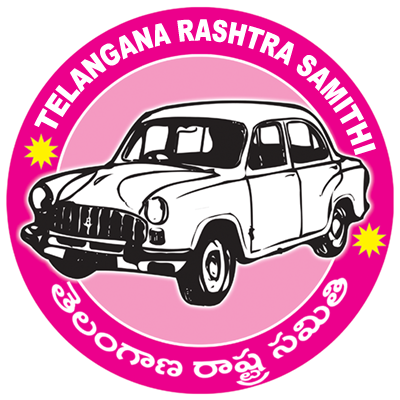What lies hidden in Huzurnagar Elections?
By Jinka Nagaraju
Hyderabad: The amazing victory of TRS candidate in Huzurnagar byelection warrants a close examination for a meaning that lies hidden in the numbers.
Since the polling took place amid an extraordinary situation, it was an unfavourable one for Telangana Rashtra Samiti (TRS) and chief minister K Chandrasekhar Rao.
As many as 50,000 RTC employees were on strike. All buses had been off the road for over two weeks, causing untold miseries to the people. Four employees committed suicide. All opposition parties accused Chief Minister KCR of humongous corruption in the proposed government move to privatize the RTC. The High Court almost passed strictures on the government for its apathy in finding a solution to the RTC strike. The statewide bandh call, given barely 24 hours before the Huzurnagar polling, was a stunning success. The people were witness to KCR’s uncompromising attitude towards striking employees.
Still, KCR thrived.
Do you remember the statement US President Donald Trump made a while back? He said his political base would not abandon him even if he were to choose to shoot someone on Fifth Avenue.
The same is the case with Chief Minister KCR as well.
The people of Huzurnagar chose to ignore all the unpleasant things happening around them.
The win of TRS with a margin of 43,223 votes has proven that none of the irritants cited above was reason enough to unsettle the TRS government.
The strike, the suicides, and the High Court’s comments failed to affect the mass awareness of the voters, who did not want to send across a wrong signal that the mojo of TRS patriarch is on the wane.
KCR is a strange personality in contemporary Indian politics.
He is one of those few chief ministers who never dabbles in social media in order to continually reshape his personality to the taste of the people. He knows the alchemy of mass conversion.
His leadership for the past 15 years has worked political wonders, and the people have unhesitatingly changed their attitude to match that of their leader. This shift is clearly visible in the result of Huzurnagar by-elections TRS.
In everyday politics, leaders tend to dovetail their personality in order to catch up with those of their voters. Here it is the other way round. In Telangana, it is the people who adjusted themselves to fit into the thinking of their leader.
One can understand if this behavioural shift occurs among TRS cadre. What is surprising is that even the non-party voters seem to have fallen for magic of KCR leadership. When this tendency is set in motion, people start disliking the opposition parties more than they like their leader.
This trend appears to have reached its peak in Huzurnagar, and this was reflected in TRS's stunning win, with a margin of 50,000 votes.
It is clear that the people in Huzurnagar have developed negative feelings for candidates of major political parties.
Ask anybody for their opinion of KCR. You would rarely elicit a positive response. But, if the same person were to choose between KCR and others, they would invariably go in for KCR and defends him like a religious bigot.
In a political set up, where negative partisanship is rampant, people love to vote against the opposition. This is precisely what happened in Huzurnagar by-elections TRS and elsewhere in India.
Political pundits, however, warn of severe consequences if the negative partisanship were to continue for long.
They say there is a danger of this dislike for the opposition party degenerating into hatred. This, in turn, creates a deep chasm between the ruling and opposition parties.
This divide, they warn, has the potentials to force the two sides to behave like enemies and harm the interests of the state or the nation.